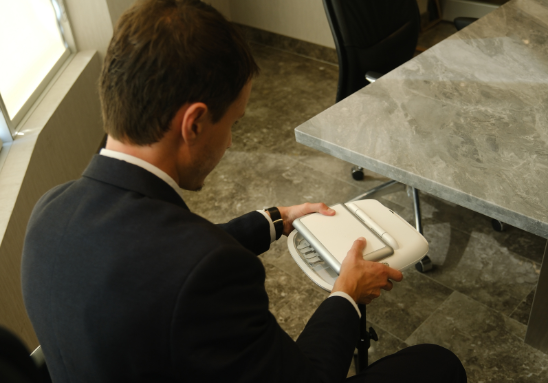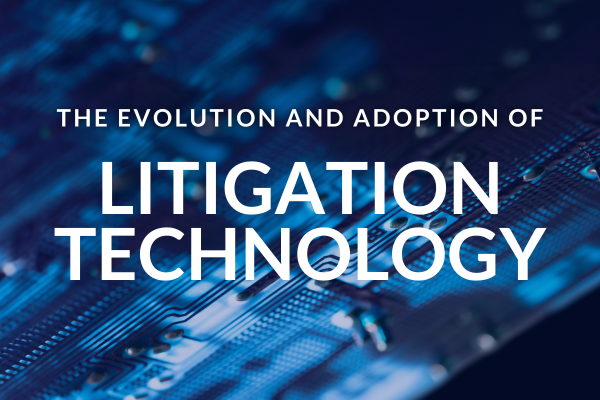
What’s So Great About a Realtime Feed?
So, what’s so great about realtime court reporting? A beneficial tool for attorneys, realtime allows counsel to view the proceedings in realtime. Realtime reporting is

So, what’s so great about realtime court reporting? A beneficial tool for attorneys, realtime allows counsel to view the proceedings in realtime. Realtime reporting is

Presenter: Jennifer L. Wielage, CRR, CCR, RPR, Freelance Court Reporter and Certified Life Coach at RainbowBalance.org Eligible for 0.10 CEUs

Presenter: Brian Altounian, Entrepreneur, Executive, and Financial Educator Eligible for 0.10 CEUs

Presenter: Brian Altounian, Entrepreneur, Executive, and Financial Educator Eligible for 0.10 CEUs

Presenter: Brian Altounian, Entrepreneur, Executive, and Financial Educator Eligible for 0.10 CEUs

Significant Points Job prospects remain strong, especially for those with advanced certifications and realtime skills. Demand for broadcast captioning, Communication Access Realtime Translation (CART), and

The evolution and adoption of litigation technology has touched all corners of the legal landscape, and the court reporting industry is no exception. From basic

Large cases involve many moving parts – tight deadlines, fast-paced and ever-evolving schedules, seas of exhibits, rosters of witnesses, etc., etc. Paralegals don’t wear capes,

Big cases demand big talent. Multi-party, MDL, IP, big pharma, construction defect, you name it, these are the high-stake cases demanding top talent and experience.

What is a deposition? Deposition (law) A deposition is the act of taking sworn testimony whereby litigants obtain information from each other in preparation for